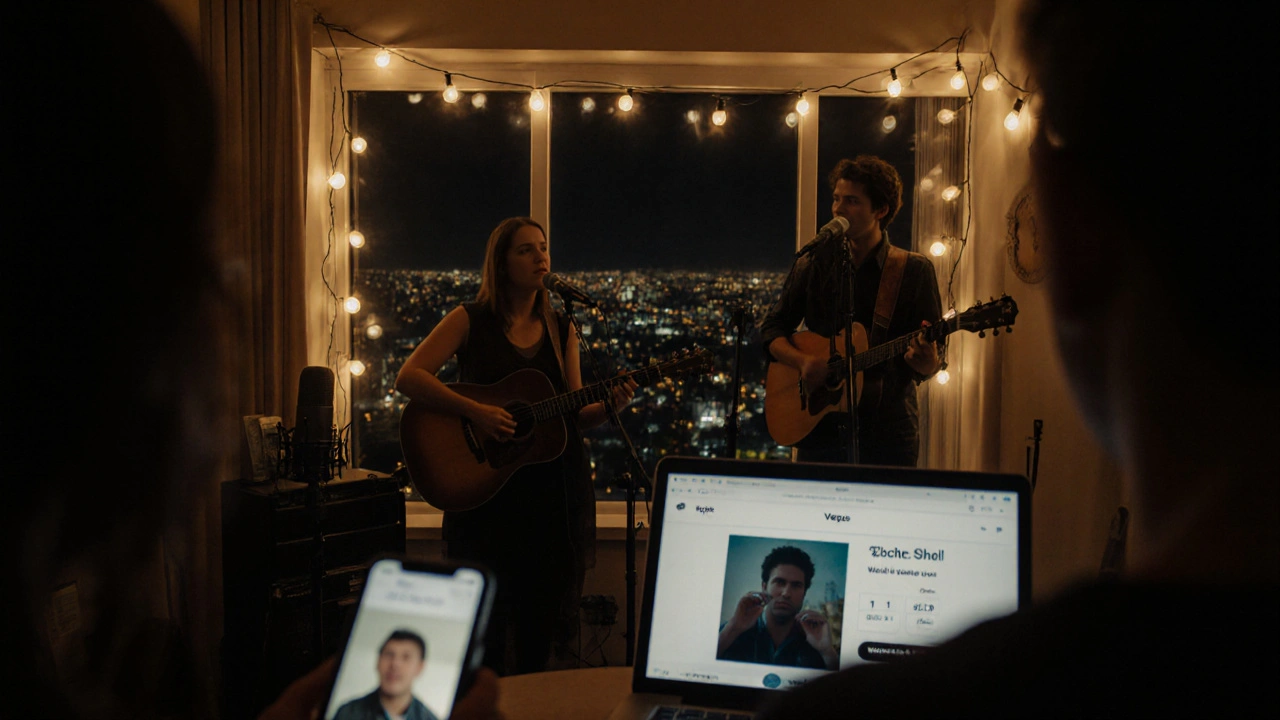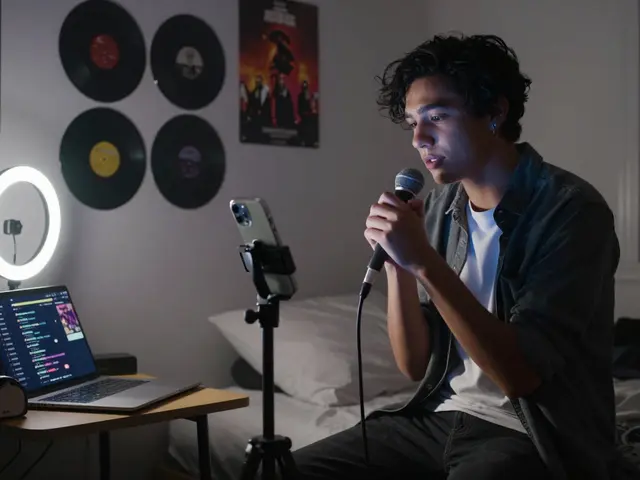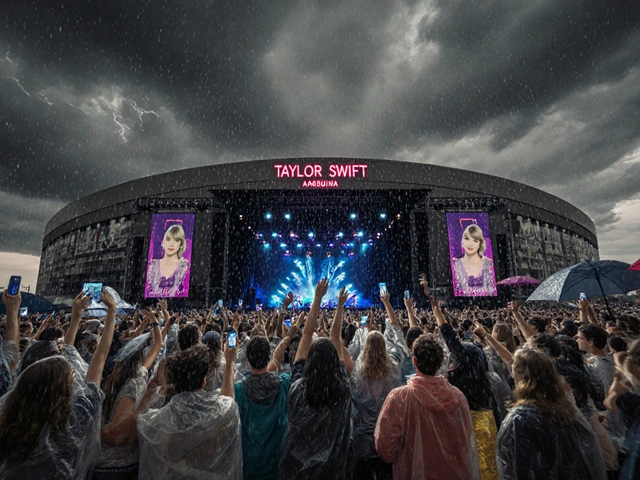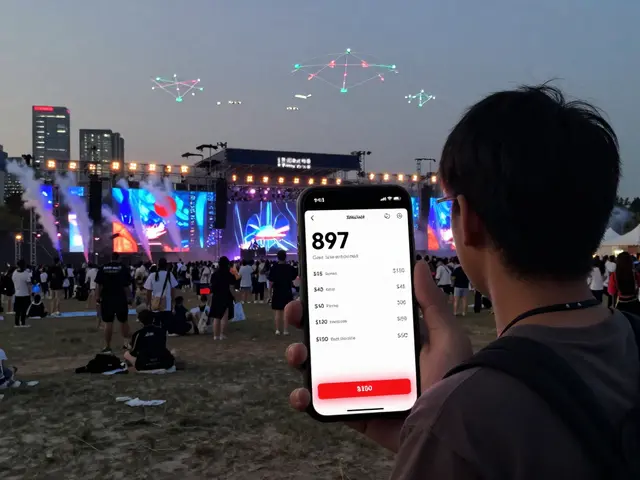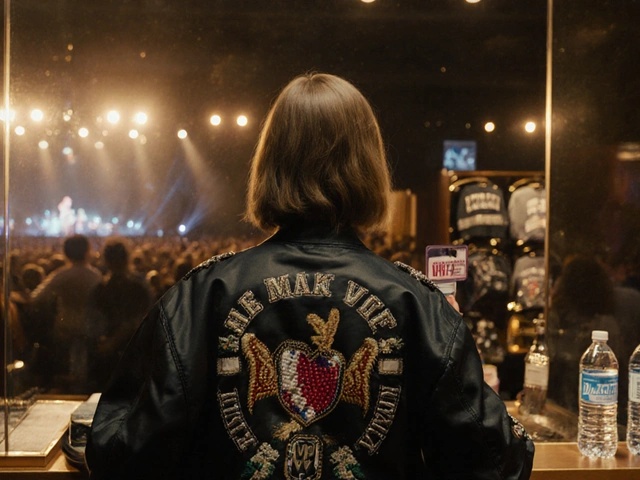Streaming Payouts: How Artists Get Paid When You Listen Online
When you press play on a song, streaming payouts, the money artists earn when their music is played on digital platforms like Spotify, Apple Music, or nugs.net. Also known as per-stream royalties, it’s the backbone of how musicians make money today—whether they’re indie artists or global superstars. But here’s the truth: most people have no idea how little that adds up. A single stream on Spotify might pay between $0.003 and $0.005. That means an artist needs over 300,000 plays to earn $1,000. And that’s before labels, managers, and distributors take their cut.
Not all streaming services are built the same. Spotify payouts, the royalty system used by the world’s largest music streaming platform are based on a pro-rata model—meaning money is pooled and split based on your share of total streams. Meanwhile, nugs.net streaming, a platform focused on live concert recordings and fan-supported access works differently. Fans pay directly for access, and artists get a much larger share—sometimes over 70%—because there’s no middleman siphoning off cash from ad revenue. That’s why many touring bands push fans toward nugs.net for live shows instead of relying on Spotify streams.
Streaming payouts don’t just depend on the platform—they’re shaped by who owns the rights. A major label artist might get $0.001 per stream after everything’s deducted, while an independent artist using DistroKid or TuneCore might keep $0.004. It’s not about popularity—it’s about control. And that’s why so many artists now sell direct-to-fan live streams, merch bundles, and VIP experiences. They know the numbers: a $20 VIP ticket or a $15 live stream download pays more than 10,000 Spotify plays.
What you’re seeing in the posts below isn’t just random concert news. It’s a pattern. People are asking how to get real value from live music—whether it’s through streaming payouts, VIP access, or knowing where to watch concerts legally. You’ll find guides on nugs.net pricing, how Peacock and Spotify handle live music, and why livestreaming a concert without permission can hurt the very artists you love. This isn’t about tech jargon or corporate policies. It’s about who gets paid when the music plays—and how you can make sure the people making it actually benefit from it.

